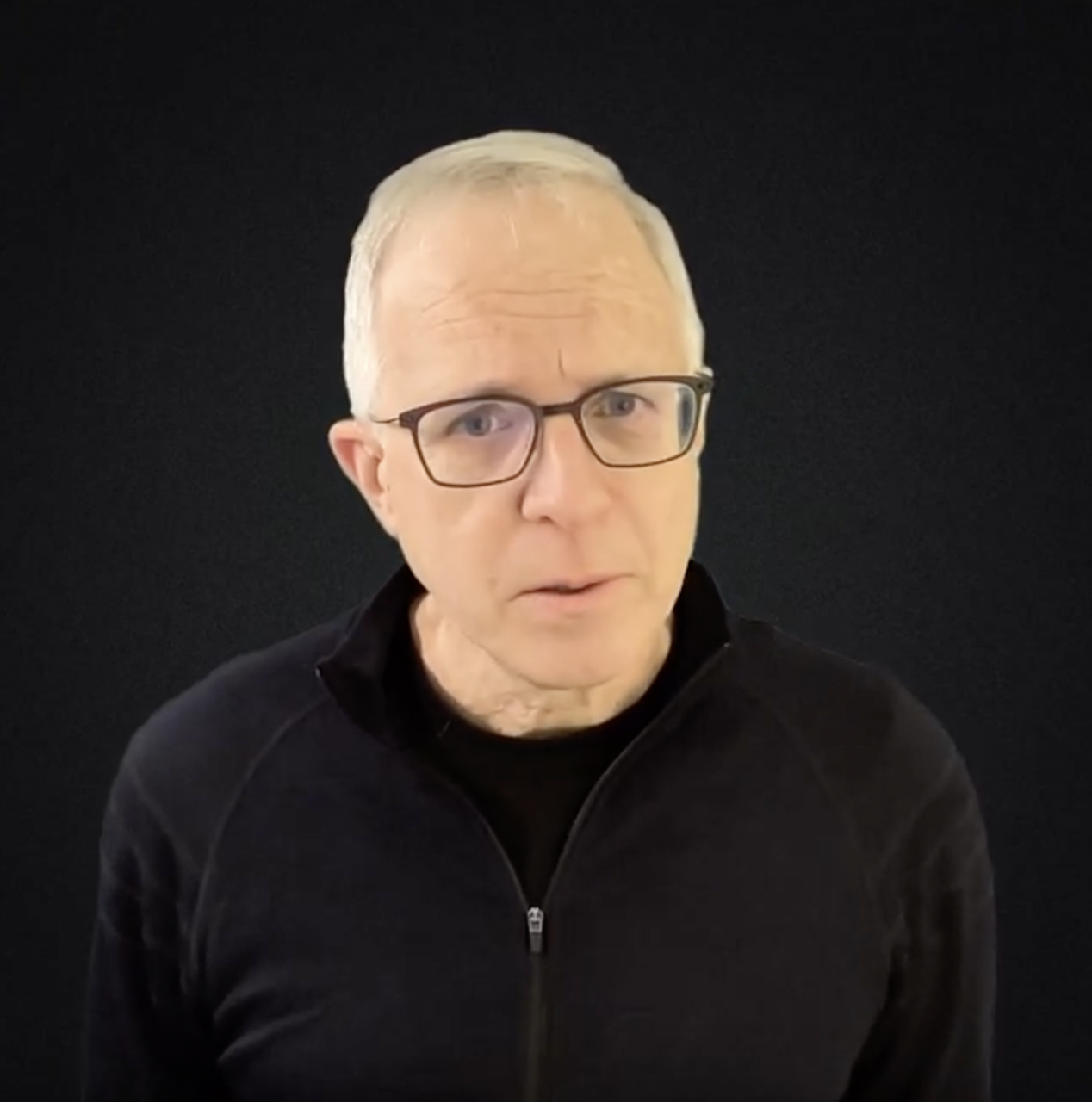Urbánika's SolarPunk Bus Tour and Video Course on the Commons
Urbánika is an international collective of tech commoners that calls itself an "immersive activism school." Led by Humberto Besso-Oberto Huerta of Mexico, the group wants to help build peer-governed, climate-resilient smart cities and communities, especially in Latin America. For this ambitious goal, Urbánika has nearly finished kitting out a climate-positive "SolarPunk Bus." The amazing vehicle will serve as a mobile learning center as it tours Latin American cities in coming months. More about that in a moment.
But first, some news about another innovative Urbánika initiative: an educational video series, "PostCapitalism and the Commons." This course consists of fifteen short videos in which I introduce the commons and commoning in its many dimensions.
The course starts with a brief history of the commons and a survey of contemporary commons, and then moves on to discussing the Market/State and many anti-social, anti-ecological enclosures of commons.

The series also discusses commons as a relational social system that helps people carry out their own provisioning and peer governance. This challenge requires people to understand the need for making an OntoShift – a shift of worldview in understanding what a commons entails, namely, new types of relationships, social practices, and ethical commitments. The last segments of the video series address bioregionalism, land, and urban commons. More episodes are planned in the coming months.
The course is meant for changemakers, especially for those who are already aware of the serious limitations of the Market/State system and the need for developing new ways of life. You can find the entire series online here.



 The Journal focuses on a range of commons-related themes in various countries, including the effect of rural out-migration from Mexico on commons there; new efforts in Costa Rica to treat biodiversity as a commons; the struggle of indigenous peoples in Brazil to secure tenure rights to their communal resources; and use of commons by marginalized people in Argentina to manage wild guanacos, a large, llama-like ungulate valued for their meat, skins and fibers.
The Journal focuses on a range of commons-related themes in various countries, including the effect of rural out-migration from Mexico on commons there; new efforts in Costa Rica to treat biodiversity as a commons; the struggle of indigenous peoples in Brazil to secure tenure rights to their communal resources; and use of commons by marginalized people in Argentina to manage wild guanacos, a large, llama-like ungulate valued for their meat, skins and fibers.










Recent comments